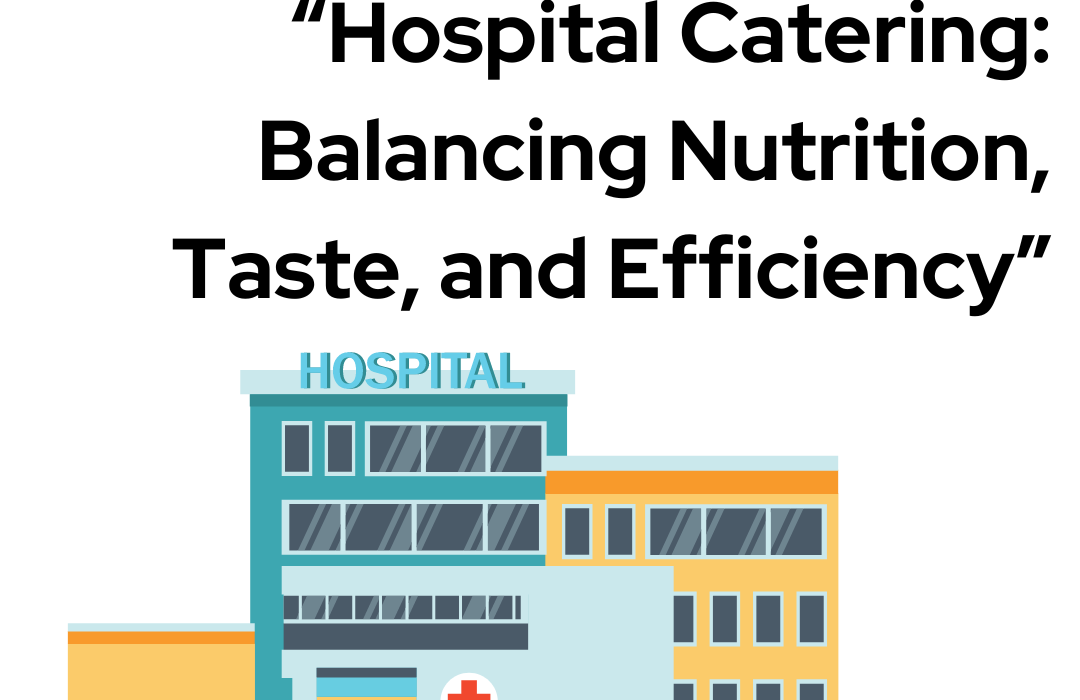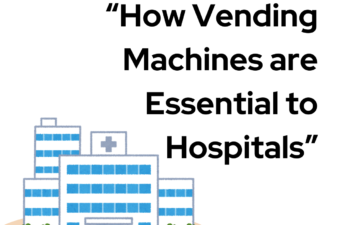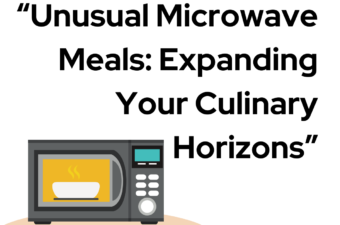
Hospital catering plays a crucial role in patient recovery, staff satisfaction, and overall healthcare quality. The food served in hospitals not only needs to meet stringent nutritional standards but also has to be palatable and delivered efficiently. Balancing these aspects is a significant challenge, but it is essential for promoting patient well-being and operational efficiency within healthcare facilities.
The Importance of Nutrition in Hospital Catering
Proper nutrition is vital for patient recovery. It can influence healing times, immune response, and overall patient outcomes. Hospital meals must be carefully planned to meet the dietary requirements of a diverse patient population, including those with specific medical conditions such as diabetes, heart disease, or food allergies.
- Tailored Diet Plans: Hospitals often employ dietitians to create tailored meal plans that cater to individual patient needs. These plans consider medical conditions, dietary restrictions, and nutritional deficiencies to ensure patients receive the necessary nutrients.
- Nutrient Density: Hospital meals should be nutrient-dense, providing maximum nutrition in smaller portions. This is particularly important for patients with reduced appetites or those who need to consume food in manageable amounts.
- Special Diets: Catering services must be equipped to handle a variety of special diets, including gluten-free, vegetarian, vegan, and low-sodium options. This flexibility ensures all patients receive appropriate and safe meals.
Ensuring Taste and Palatability
While nutrition is paramount, the taste and presentation of hospital food cannot be overlooked. Unappetising meals can lead to poor intake, wasting food and potentially compromising patient recovery.
- Quality Ingredients: Using fresh, high-quality ingredients can significantly improve the taste of hospital meals. Local sourcing can also support community farmers and ensure fresher produce.
- Skilled Chefs: Employing skilled chefs who understand the nuances of flavour and presentation can make hospital meals more appealing. Chefs can experiment with herbs, spices, and cooking techniques to enhance flavour without compromising nutritional value.
- Patient Feedback: Regularly seeking patient feedback on meals can help catering services understand preferences and make necessary adjustments. Engaging patients in the menu planning process can also boost satisfaction and intake.
Operational Efficiency in Hospital Catering
Efficient hospital catering involves the seamless coordination of meal preparation, delivery, and waste management. Ensuring timely delivery of hot, fresh meals requires robust logistical planning and efficient kitchen operations.
- Meal Scheduling: Timely meal scheduling is crucial to ensure patients receive their food at appropriate times. This involves coordinating with medical staff to avoid conflicts with treatments or procedures.
- Advanced Ordering Systems: Implementing advanced ordering systems can streamline the meal selection process, allowing patients to choose their meals in advance and reducing food waste. Digital systems can also integrate with electronic health records to ensure dietary restrictions are met.
- Waste Management: Effective waste management practices are essential in hospital catering. This includes minimising food waste through accurate portion control, recycling where possible, and composting organic waste.
Challenges and Solutions
- Budget Constraints: Hospital catering services often operate under tight budget constraints, which can impact the quality of food and services provided. Solutions include bulk purchasing, reducing waste, and exploring alternative funding sources or grants focused on improving hospital nutrition.
- Staffing Issues: Adequate staffing is necessary to maintain high standards in hospital catering. Addressing staffing issues involves offering competitive wages, providing training opportunities, and fostering a positive work environment to retain skilled workers.
- Patient Turnover: High patient turnover can make it challenging to cater to individual dietary needs consistently. Employing flexible and adaptable meal planning strategies can help address this issue, ensuring all patients receive appropriate meals regardless of their length of stay.
Innovations in Hospital Catering
- Technology Integration: Modern technology is revolutionising hospital catering. Digital meal ordering systems, automated kitchen equipment, and data analytics can improve efficiency and accuracy in meal preparation and delivery.
- Sustainable Practices: Sustainability is becoming increasingly important in hospital catering. Practices such as reducing food waste, sourcing locally, and implementing energy-efficient kitchen appliances can contribute to more sustainable operations.
- Personalised Nutrition: Advances in personalised nutrition, such as using patient data to tailor meals to individual genetic profiles and health conditions, are on the horizon. This could lead to more precise and effective dietary interventions in hospital settings.
Hospital catering is a complex but essential component of healthcare that requires a careful balance of nutrition, taste, and operational efficiency. By focusing on high-quality ingredients, skilled culinary staff, and efficient logistics, hospitals can significantly enhance the patient experience and support recovery. Embracing innovations and sustainable practices can further improve hospital catering services, ensuring they meet the evolving needs of patients and healthcare providers alike.




